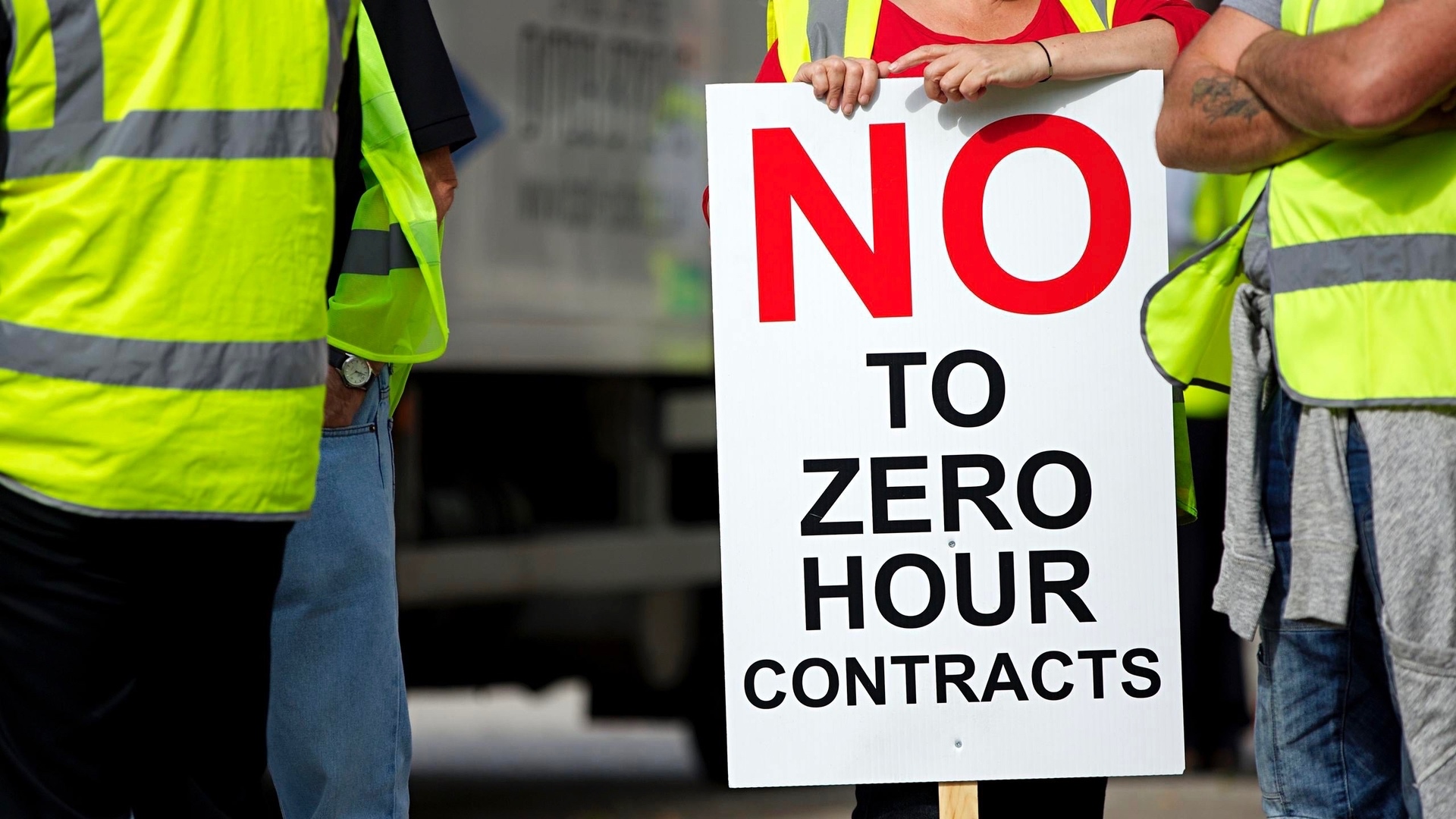Insecurity in the hospitality industry, where precarious working conditions such as zero hour contracts are commonplace, has increased by 105 per cent, and young people, women and Black, Asian and minority ethnic people have been the most affected.
Given the findings, which showed a 20-year-old is currently 4.6 times more insecure than a 60-year-old and that ethnic minorities within the UK have seen a 105 per cent increase in insecurity compared with only a 32 per cent increase for white people, the report concluded that “employment no longer equates to security”.
“Never has the old adage, that the best way out of poverty is through work, been less true,” the report concludes.
It called on the government to end fire and rehire practices and zero-hour contracts, introduce a £15 per hour minimum wage and ensure all workers have the right to a union, among other solutions.
Will Stronge, director of research at Autonomy, told The Big Issue: “The Insecurity Index shows us that it is not only working conditions on the job that affect the security of our economic situation: we have to take a holistic approach to modern life, including rental status, unemployment support and the dynamics of the households in which we live.
“To tackle insecurity in the broadest and most useful sense would mean strengthening all of these contributing factors.
“We need a more universal welfare system that provides a guaranteed income floor, we need to build thousands of new homes in order to take the bite out of the rental market and we need to extend and strengthen the representation of trade unions in the labour market, in order to build that shop floor power in the workplace that is so badly needed.”
Ellie Mae O’Hagan, director of Class added: “Insecurity is like a virus that first only affected a small part of the economy, but it has been left to grow out of control over the past two decades and now threatens to take over the way we live and work.
“The government needs to put measures in place today, like a £15ph minimum wage and an end to fire and rehire, to get rid of insecurity for good.
“But those of us who work for a living also need to join together, and take inspiration from those who have defeated insecurity in their workplaces.
“When we unite, we can come together, as we have in the past, to protect each other’s livelihoods and give our children and grandchildren a better chance in life.”









